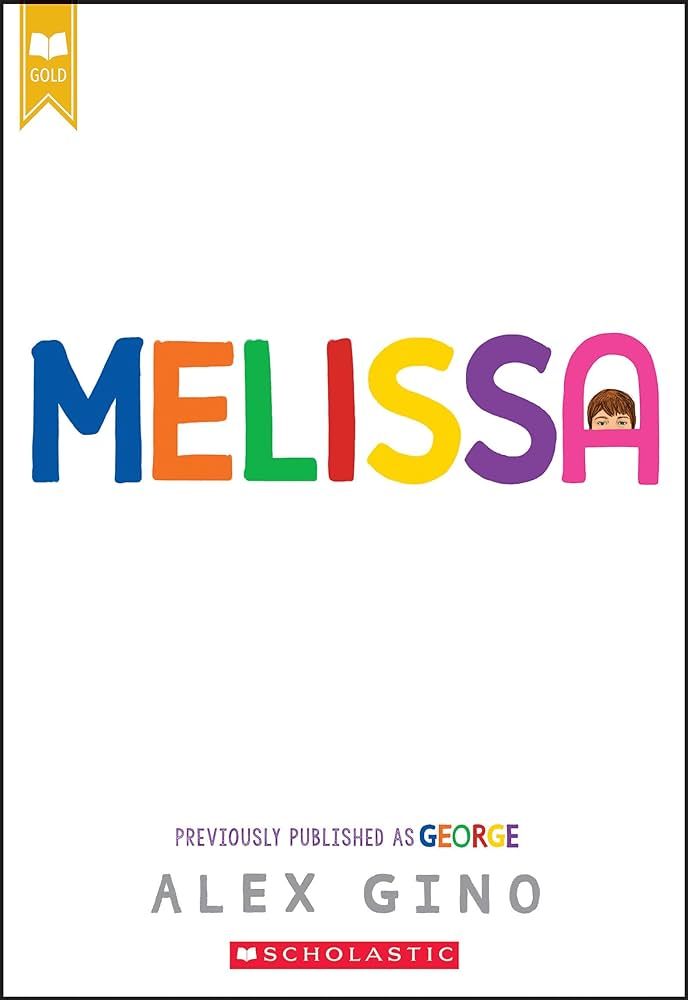Melissa is for all kids

When first reading Melissa , I have to admit that I did not like the book. Not because of the subject, or characters, but because it was simply a fourth-grader book, and felt extremely cliche. However, I will say that my opinion of Melissa has in fact changed. This book has elicited more emotional responses in me than other books have in a while. (The ending nearly had me in tears - I'm being SO honest). As a college student, I think it is easy to get caught up in the required readings of higher education especially when interacting with authors like T.S. Elliot, and Virginia Woolf. However, I think that it is refreshing to return to books we might dismiss as simple - like Melissa - can provide readers with a lot of introspection. Melissa's journey from confusion, to self-acceptance, to courage and bravery is one that all kids can take something from. The decision to stand up for yourself and others, and step out of your comfort zone are lessons parents de...


